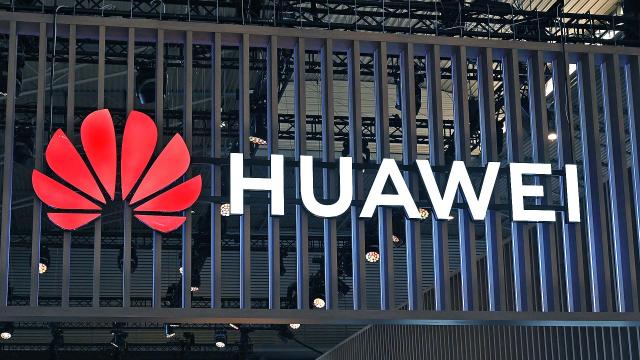After months of rumblings from the Trump administration claiming the use of Chinese networking equipment posed a risk to the U.S., today the Federal Communications Commission officially designated both Huawei and ZTE as threats to national U.S. security.
In a statement released today, FCC Chairman Ajit Pai said, “With today’s Orders, and based on the overwhelming weight of evidence, the Bureau has designated Huawei and ZTE as national security risks to America’s communications networks ” and to our 5G future. Both companies have close ties to the Chinese Communist Party and China’s military apparatus, and both companies are broadly subject to Chinese law obligating them to cooperate with the country’s intelligence services.”
The statement from Pai follows a public notice issued by the Public Safety and Homeland Security Bureau announcing that “it has released orders issuing final designations of Huawei and ZTE, as well as their parents, affiliates, and subsidiaries, as companies posing a national security threat to the integrity of communications networks and the communications supply chain pursuant to 47 CFR § 54.9.”
BREAKING NEWS: The @FCC has designated #Huawei and #ZTE as companies posing a national security threat to the United States. As a result, telecom companies cannot use money from our $8.3B Universal Service Fund on equipment or services produced or provided by these suppliers. 1/5 pic.twitter.com/dH6QK4jbd4
— Ajit Pai (@AjitPai) June 30, 2020
The result of this decision, which goes into effect immediately, is that local telecommunications companies will be prohibited from using any money from the government’s $US8.3 ($12) billion Universal Service Fund to purchase networking equipment from either Huawei or ZTE.
Currently, networking equipment from both companies is used in cell networks across the United States, particularly in many areas in the midwest and central U.S. However, last year, the FCC put a restriction on businesses from using the Universal Service Fund to purchase equipment from both Huawei and ZTE, with today’s announcement serving as final decision reinforcing that order.
Gizmodo has reached out to Huawei and ZTE for comment but has yet to hear back from either company. In the past, Huawei and ZTE have repeatedly denied that they are risks to U.S. security, with both companies often asking for specific incidents where either company used their equipment to spy on or steal data from U.S. citizens.
For Huawei, the situation is especially dire, because after the U.S. placed Huawei on its Entity List last year, Huawei has been banned from purchasing tech made by U.S. companies for use in its devices, including components like processors and modems and software including Google Mobile Services.
